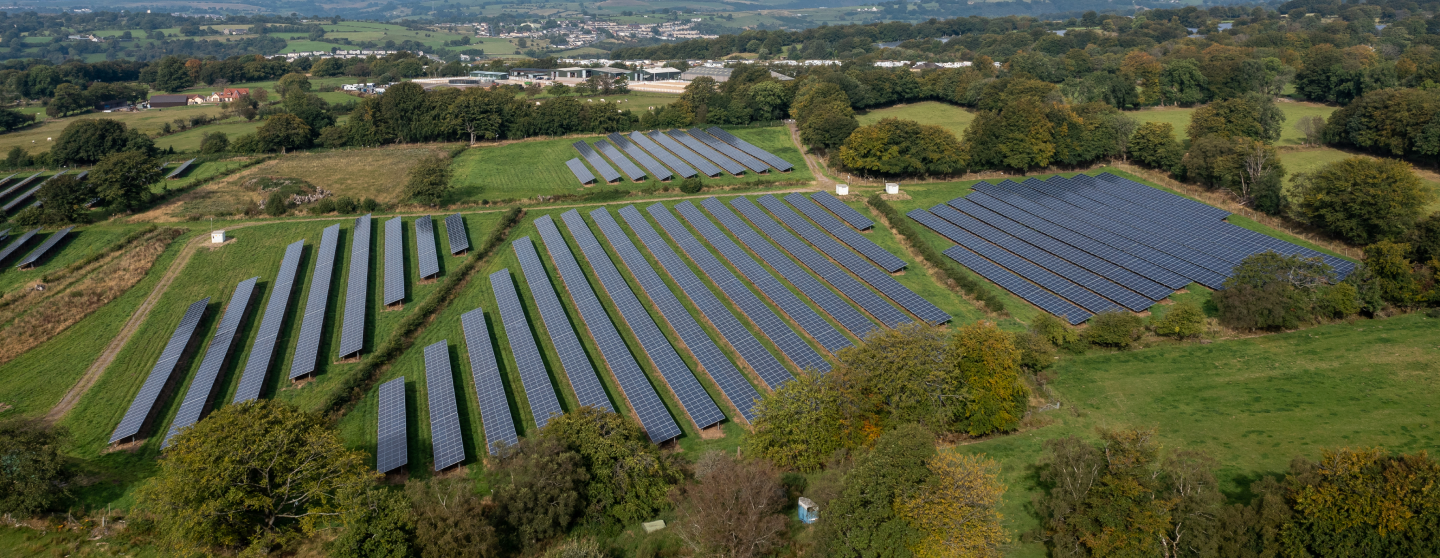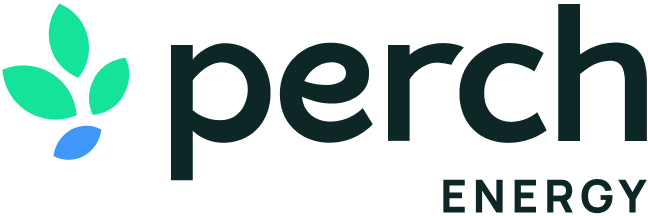

Perch Energy

Massachusetts, United States
November 2023
Other renewable energy installation
Service with Minor Environmental Footprint
United States
Perch Energy is a leading community solar servicer on a mission to make renewable energy more accessible and equitable for all. We serve both solar project owners and subscribers. We offer solar developers and asset owners a suite of services to maximize ROI on their projects—including subscriber acquisition and lifecycle management, a robust technology platform, and deep policy expertise to help navigate local solar legislation and regulations. By managing the full subscriber experience for solar farm owners, Perch is able to bring electricity bill savings to the masses, from renters and homeowners to businesses, institutions, municipalities and more by connecting them to community solar projects in their area. Perch isn’t just a for-profit company, we’re a for-purpose company—accelerating the shift to renewables nationwide. Everyone deserves to benefit from clean energy. Everyone has a place on this Perch!
Overall B Impact Score
Governance 7.9
Governance evaluates a company's overall mission, engagement around its social/environmental impact, ethics, and transparency. This section also evaluates the ability of a company to protect their mission and formally consider stakeholders in decision making through their corporate structure (e.g. benefit corporation) or corporate governing documents.
What is this? A company with an Impact Business Model is intentionally designed to create a specific positive outcome for one of its stakeholders - such as workers, community, environment, or customers.
Workers 32.0
Workers evaluates a company’s contributions to its employees’ financial security, health & safety, wellness, career development, and engagement & satisfaction. In addition, this section recognizes business models designed to benefit workers, such as companies that are at least 40% owned by non-executive employees and those that have workforce development programs to support individuals with barriers to employment.
Community 20.7
Community evaluates a company’s engagement with and impact on the communities in which it operates, hires from, and sources from. Topics include diversity, equity & inclusion, economic impact, civic engagement, charitable giving, and supply chain management. In addition, this section recognizes business models that are designed to address specific community-oriented problems, such as poverty alleviation through fair trade sourcing or distribution via microenterprises, producer cooperative models, locally focused economic development, and formal charitable giving commitments.
Environment 30.1
Environment evaluates a company’s overall environmental management practices as well as its impact on the air, climate, water, land, and biodiversity. This includes the direct impact of a company’s operations and, when applicable its supply chain and distribution channels. This section also recognizes companies with environmentally innovative production processes and those that sell products or services that have a positive environmental impact. Some examples might include products and services that create renewable energy, reduce consumption or waste, conserve land or wildlife, provide less toxic alternatives to the market, or educate people about environmental problems.
What is this? A company with an Impact Business Model is intentionally designed to create a specific positive outcome for one of its stakeholders - such as workers, community, environment, or customers.
Customers 2.5
Customers evaluates a company’s stewardship of its customers through the quality of its products and services, ethical marketing, data privacy and security, and feedback channels. In addition, this section recognizes products or services that are designed to address a particular social problem for or through its customers, such as health or educational products, arts & media products, serving underserved customers/clients, and services that improve the social impact of other businesses or organizations.